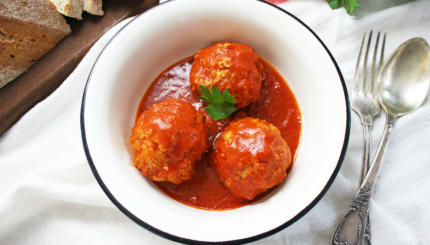Despite growing up in the Midwest, mine was a margarine house growing up. The only time we had butter in the house was during Passover, when we bought whipped butter to spread on matzah. The butter was kept in the fridge, and as a result was incredibly hard. Trying to spread it on matzah was like trying to spread a piece of cement. Mostly you ended up with many tiny pieces of matzah with butter crumbs on them.

My parents bought margarine for two reasons: it was , so it could be used to make desserts for nights we were eating meat, and the conventional wisdom of the time said that it was healthier than butter.
For desserts, margarine worked just fine. I can remember my mother and her friends wondering why the local bakeries couldn’t make good pareve cakes, when they were so easy to make at home using margarine. We made sugar cookies with margarine, and all manner of cakes and pies.
But sometime around grad school, I was making a recipe that called for butter. And I realized that since I was a vegetarian, and didn’t ever need to worry about dairy after a meat meal, there was no reason for me to buy margarine. So I bought butter, and I was completely blown away by how much better it was—as an ingredient it performed better, and the taste. Oh, the taste.
The Nosher celebrates the traditions and recipes that have brought Jews together for centuries. Donate today to keep The Nosher's stories and recipes accessible to all.
That’s the key argument in the butter v. margarine debate: butter has a taste, a flavor. If you use margarine instead, you’re losing that flavor. Margarine is tasteless. It may function the way you need butter to function in a recipe, but ultimately you end up with something weaker. That’s part of the reason so many kosher cooks now look for recipes that use other fats instead of butter, so that they don’t need to substitute margarine.
As for margarine being healthier than butter…it depends on the margarine. And it depends how worried you are about transfats. (Butter, like everything else, should be consumed in moderation, particularly if you are worried about your heart health.) But I’ve been converted to butter, and I’m never going back.




